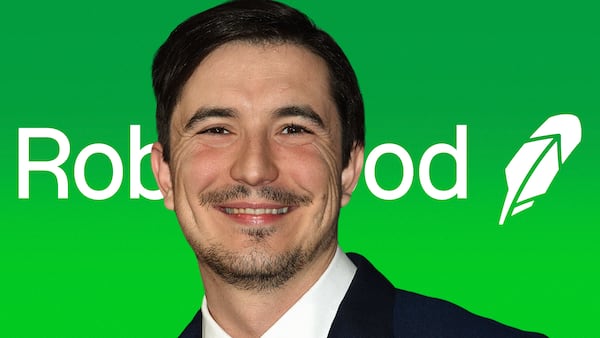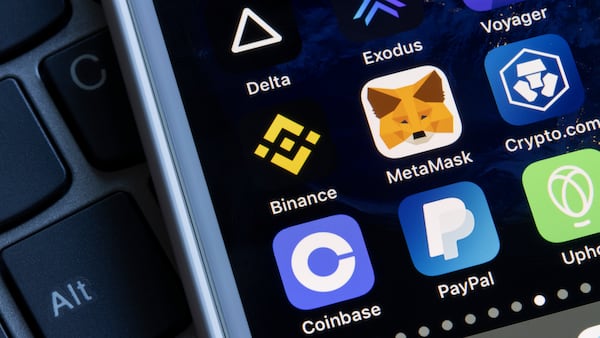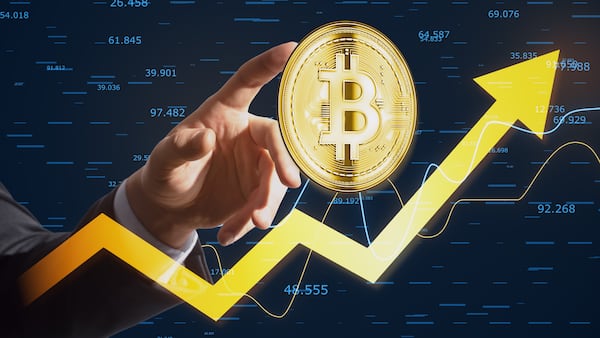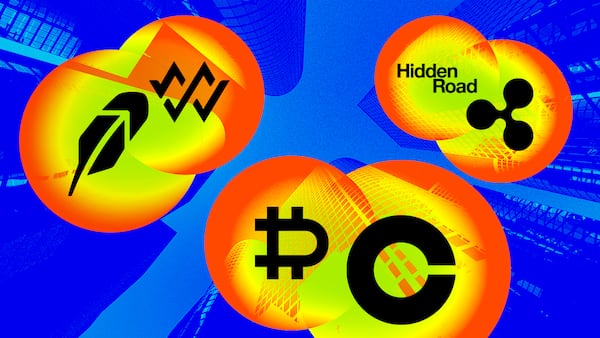- Robinhood’s OpenAI and SpaceX token giveaway faces backlash.
- Now the CEO has responded.
First, Robinhood brought down roaring applause in Cannes with an OpenAI and SpaceX token giveaway.
Then, OpenAI slammed the stunt, saying it did “not endorse it.”
Now, CEO Vlad Tenev has responded to the backlash and said that “while it is true that they aren’t technically equity, [the] tokens effectively give retail exposure to these private assets.”
The comments cap a week that saw Robinhood muscle into digital assets like never before by rolling out its crypto services across the European Union and by announcing the launch of tokenised equities on its trading platform across the bloc.
Giveaway
On Monday, Robinhood’s CEO took to the stage to announce perpetual futures, crypto staking in the US, an AI assistant, its own blockchain, and the rollout of tokenised stocks.
Tenev and two of his lieutenants’ flashy presentation under the blazing sun on the French Riviera culminated when the Robinhood CEO announced a giveaway of OpenAI and SpaceX tokens, two of the world’s most sought-after private tech firms.
However, it didn’t take long after the Cannes presentation before punters voiced their disquiet about the announcement.
The point of concern? The tokens don’t represent ownership in actual shares. They track the companies’ private market valuations through a special purpose vehicle, offering what Robinhood describes as “indirect exposure” to the assets.
In its terms, Robinhood does make it clear that the tokens are financial derivatives rather than equity, and cannot be redeemed for underlying shares.
“Not sure why anyone thought differently,” Tom Schmidt, a partner at Dragonfly, a crypto investment firm, said on X. “The Robinhood docs are pretty clear that you’re buying a derivative that is not redeemable for the underlying and back [one for one].”
Still, OpenAI quickly distanced itself from the Cannes keynote.
“These ‘OpenAI tokens’ are not OpenAI equity,” the artificial intelligence firm wrote in a statement, adding that it was not involved with Robinhood’s promotion and had not approved any transfer of its shares.
The statement drew a quick jab from SpaceX CEO Elon Musk, a longtime critic of OpenAI, its leadership, and roots as a nonprofit, who replied: “Your ‘equity’ is fake.”
Tenev himself went on X to say that the announcement has sparked interest from other companies.
“Our giveaway plants a seed for something much bigger, and since our announcement, we’ve been hearing from many private companies that are eager to join us in the tokenised revolution,” he said.
Speaking on the Bloomberg Odd Lots podcast, he questioned why everyday investors can freely buy speculative assets like memecoins or consumer goods, but not stakes in companies like OpenAI or SpaceX.
Critics sound off
Others argued the trend has less to do with decentralisation and more to do with platform control.
Crypto market researcher Noelle Acheson described Robinhood’s tokenisation push as part of a familiar tech playbook of using convenience and sleek design to bundle services and lock in users, while blockchain quietly recedes into the background.
For now, Robinhood’s private asset tokens remain limited to Europe, and the firm says the underlying shares are held through a US-licensed institution.
Kyle Baird is DL News’ Weekend Editor. Got a tip? Email at kbaird@dlnews.com






